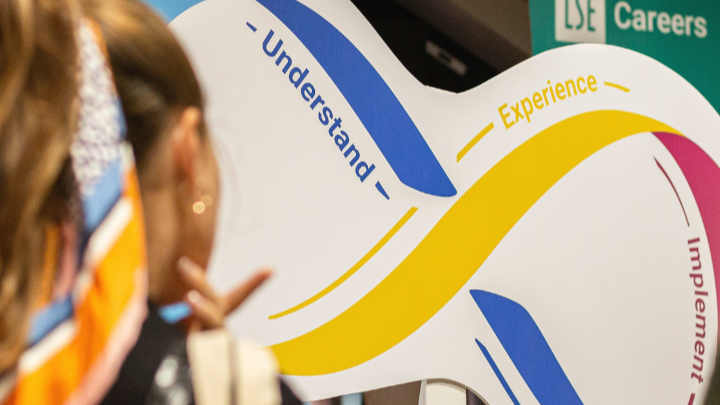Finding the right employer for you can be challenging at the best of times, but with a disability it can sometimes feel even more difficult.
The Equality Act 2010 makes it unlawful for employers to discriminate against applicants or employees with disabilities and in an ideal world there would be nothing to worry about. In reality, however, practices and policies vary between employers and whilst there are, undoubtedly, a large and ever increasing number of inclusive employers it’s important to do your research carefully and ensure employers’ recruitment processes are equipped and willing to accommodate any needs you may have in order to perform to the best of your potential.
How an employer treats you throughout the recruitment process – from application to offer – is a strong indication of how they are likely to treat you in the workplace. Identifying an inclusive employer will start you off on the right foot and lead to a far greater likelihood of career success and happiness. A genuinely inclusive employer is likely to be one which treats all staff, regardless of disability or non-disability, with respect and provides an environment conducive to productivity and job satisfaction.
There are a number of ways you can identify inclusive employers and give yourself the chance to compete on a level playing field for the job you want. Here are five things to consider doing when looking for inclusive employers:
1. Assess their website:
What do they say on their website about disability inclusion? Do they have disabled staff networks or feature disabled staff profiles? Do they give contact details of personnel available to discuss any adjustment or disability-related queries you may have?
2. Review their recruitment materials:
Is there any evidence of inclusive behaviour on recruitment material, for example, an offer of alternative materials at application stage and requests for information about adjustments required during the recruitment process or in the workplace?
3. Look to see if they have a ‘Disability Confident Employer’ logo:
It is worth noting that this in itself does not guarantee inclusive behaviour and should be combined with other evidence as outlined above. Read more about the ‘Disability Confident’ campaign on the UK Gov website.
4. Speak to current employees to gauge the culture of the organisation:
Speaking to current employees can help you get a sense of how inclusive, supportive, and positive an environment there is within the organisation. You do not have to disclose that you have a disability during these conversations (though you may wish to) but simply finding out the culture of the organisation can give a good insight into how they treat staff in general.
5. Contact the organisation to request information about adjustments that can be made during the recruitment process:
Contacting an organisation to discuss reasonable adjustments can allow you to judge how the organisation is responding to you and addressing disability. (Read about reasonable adjustments on the LSE Careers website.) If the organisation responds quickly and helpfully that can be taken as a positive sign but if they fail to respond or do so in a way that makes you feel uncomfortable that can indicate that they may not be as inclusive as they should be. Finding this out at an early stage can help you decide whether you wish to spend time applying to them or whether you wish to focus your efforts elsewhere.
Visit LSE Careers’ information for disabled students webpages for more tips and careers resources.





